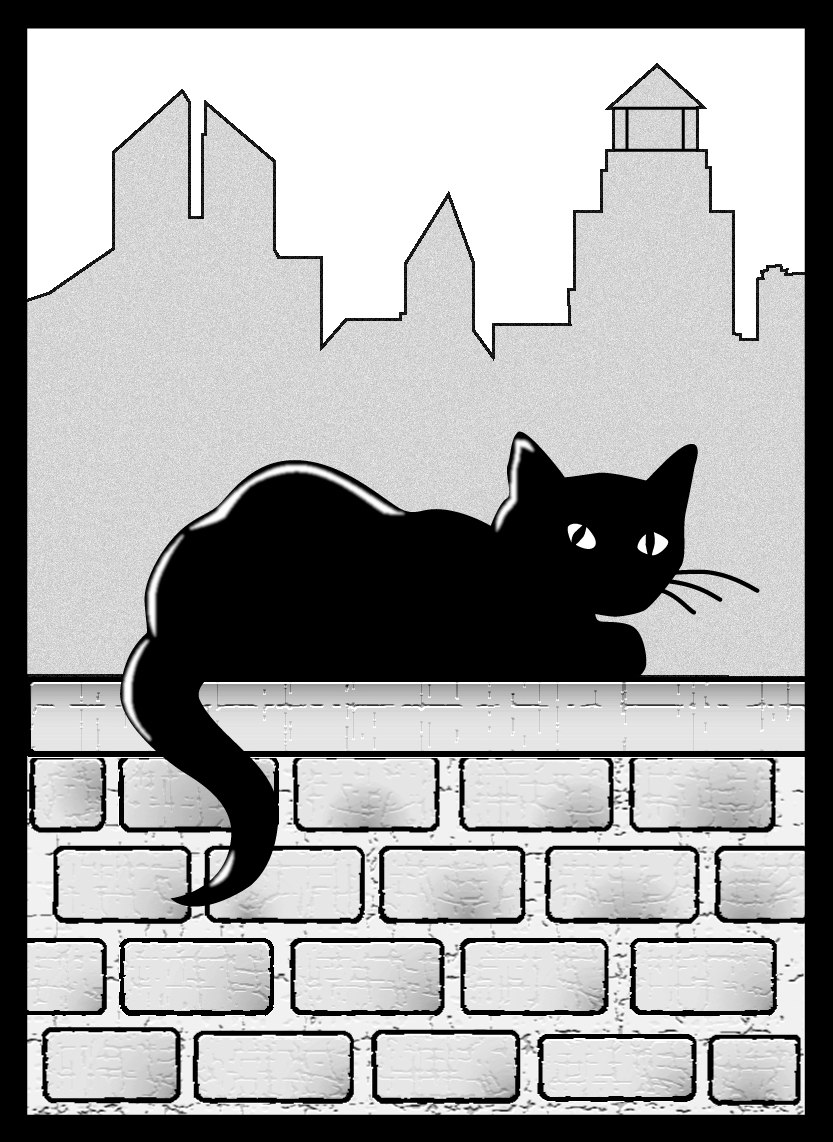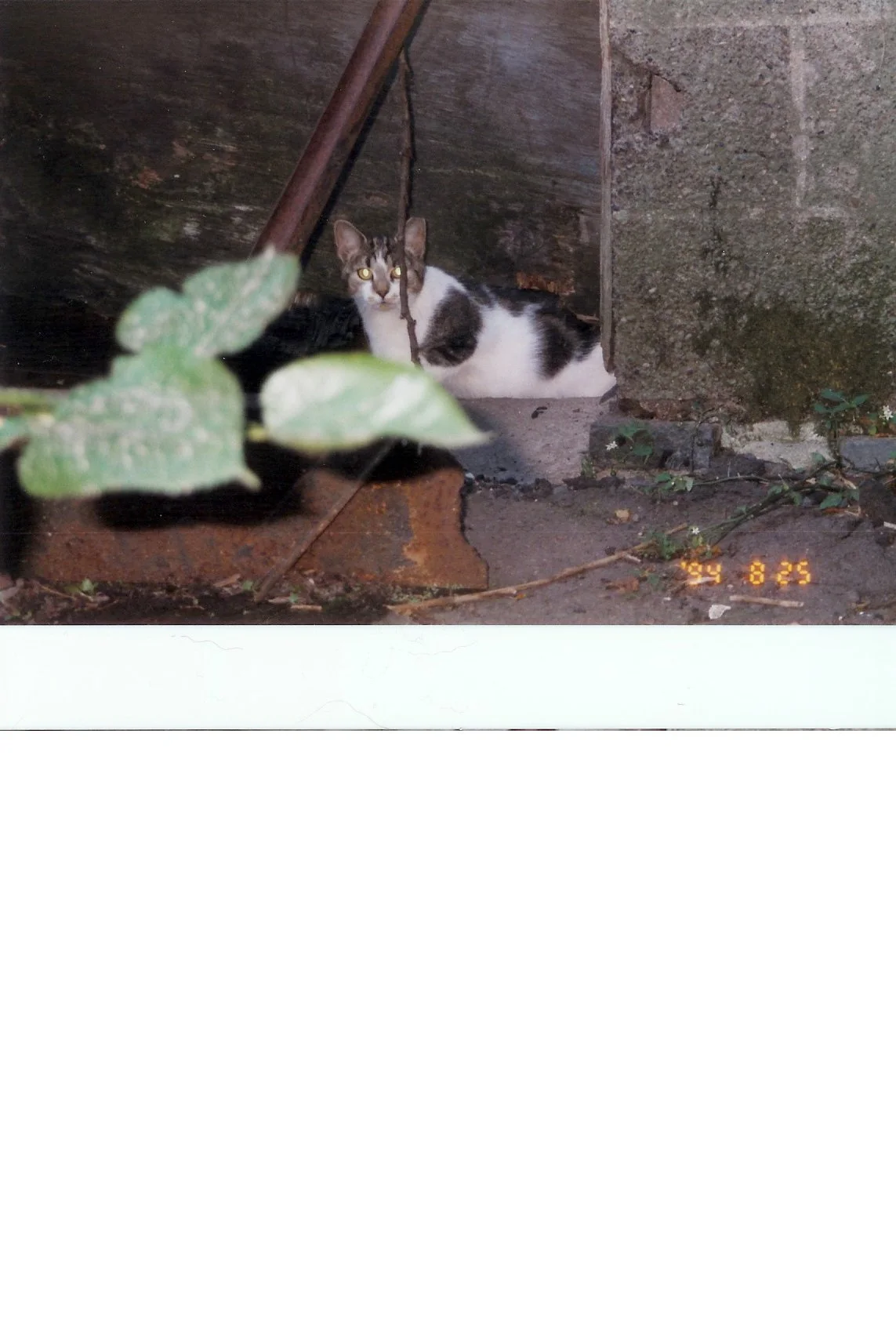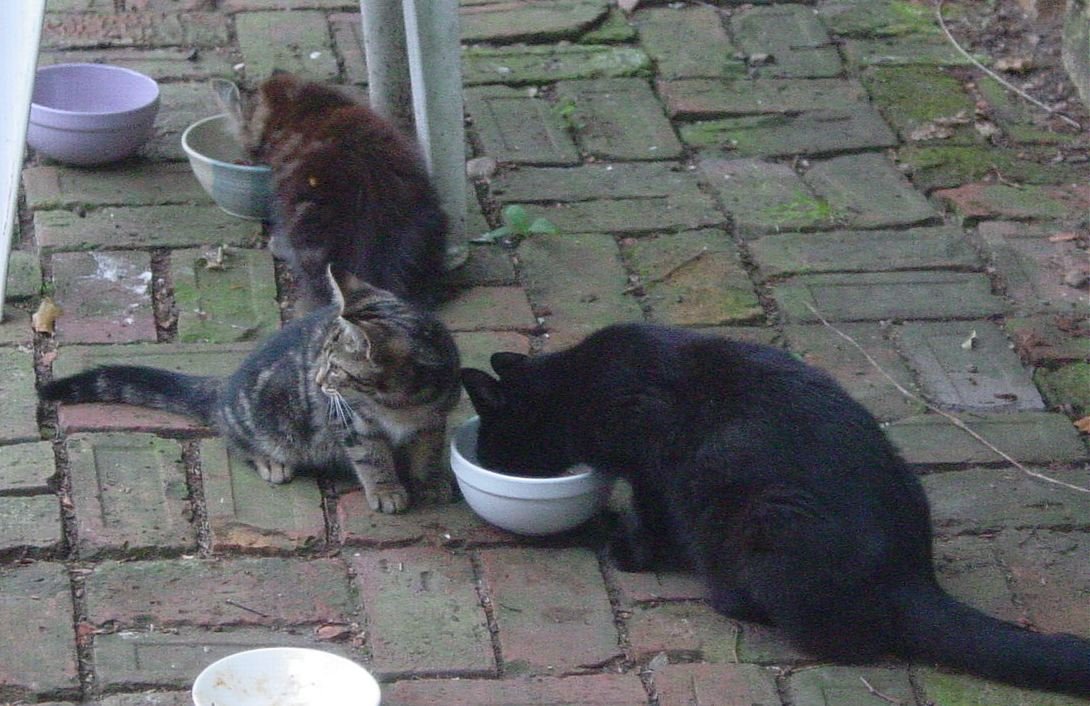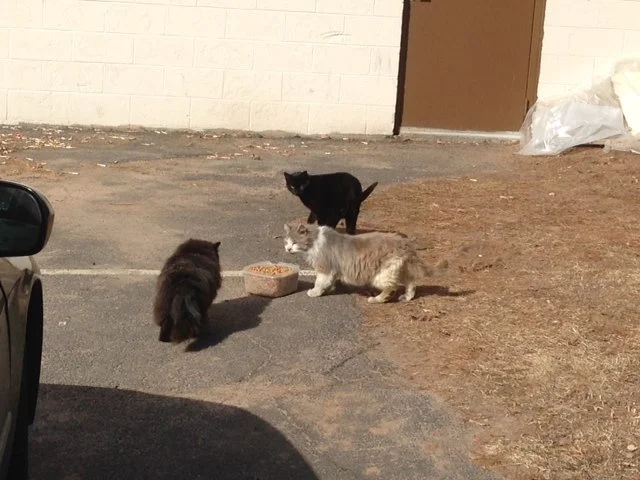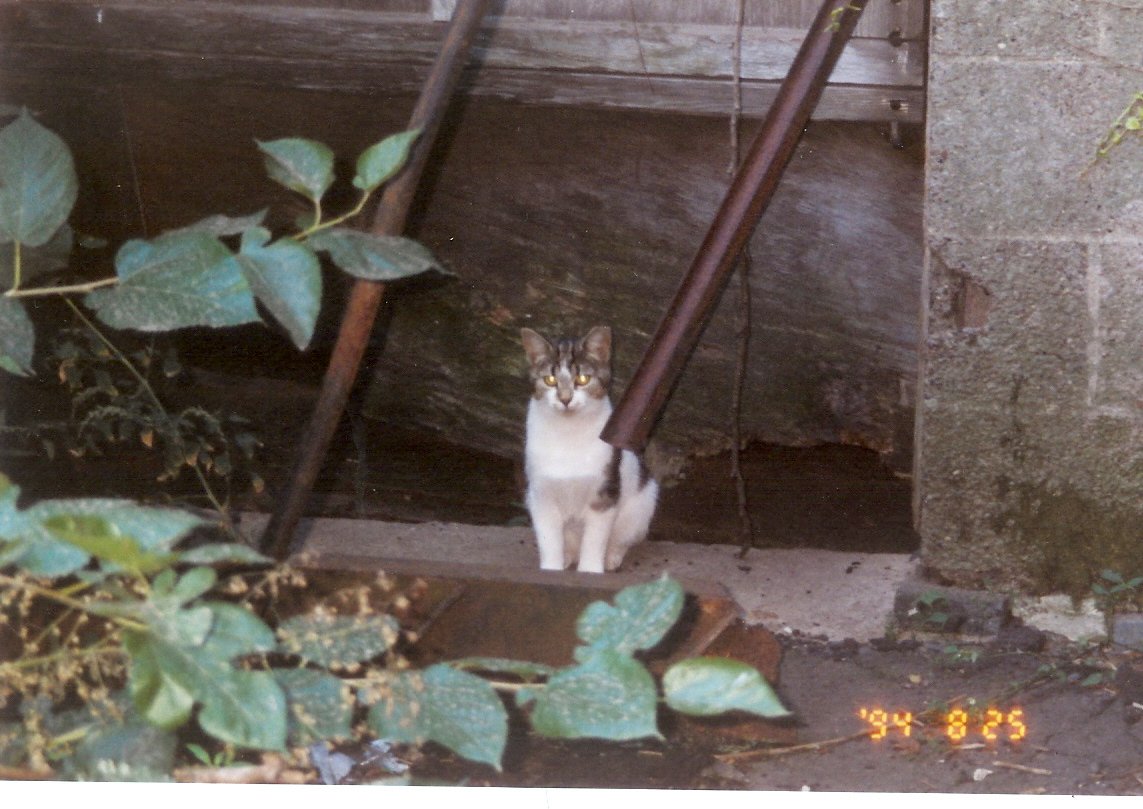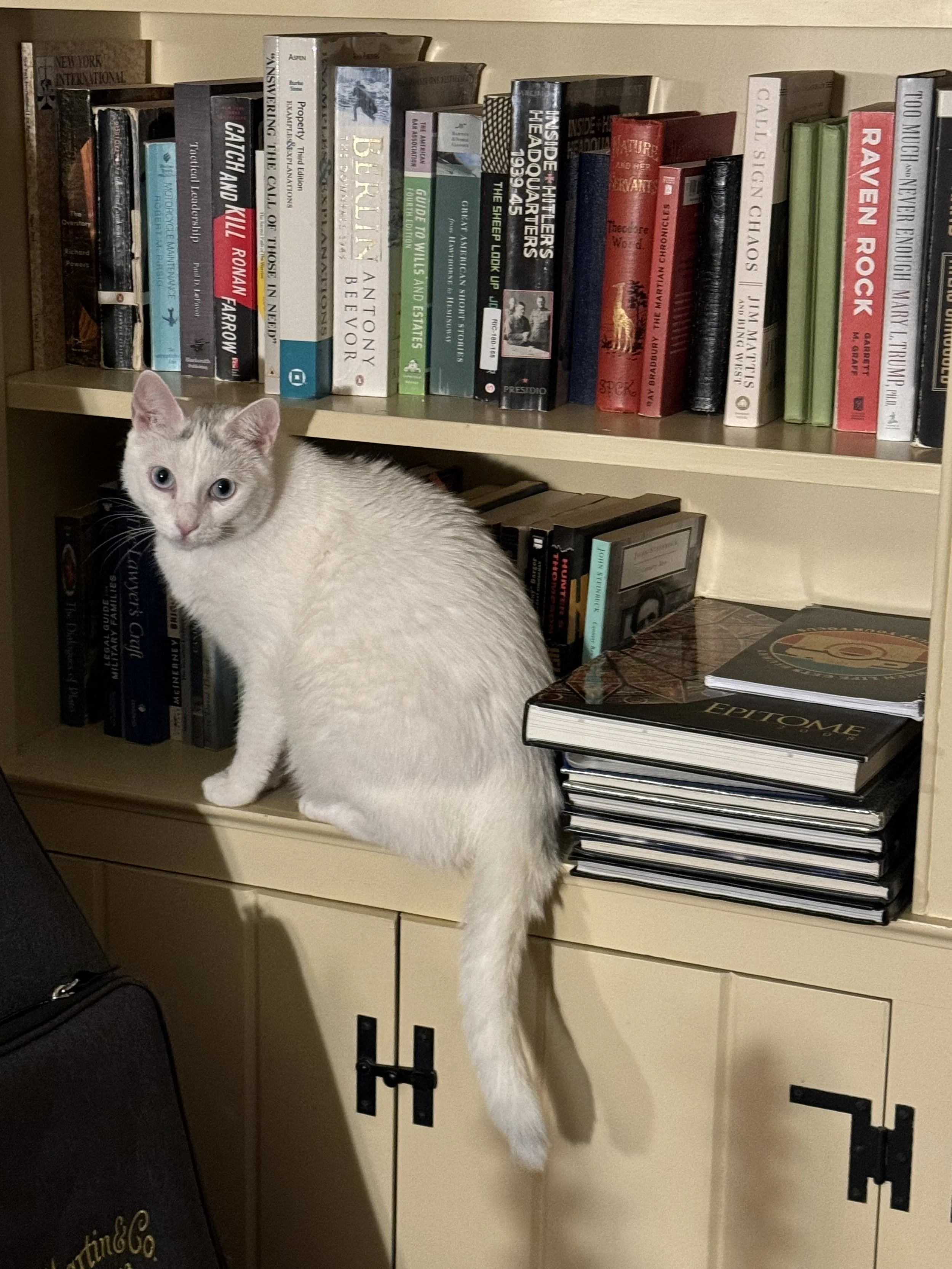Mission of GNHCP
The Greater New Haven Cat Project, Inc. (“GNHCP”) is a 501(c)(3) non-profit organization located in New Haven, Connecticut, comprised mostly of volunteers. GNHCP’s mission is to end the suffering of homeless cats through the practice of trap/neuter/return (TNR), and also to educate the community ethically about the importance of animal welfare. Our primary goal is to provide the low-income and transient neighborhoods of the greater New Haven area with a comprehensive TNR program and a low-cost spay/neuter program. These programs play a vital role in giving cats a second chance at life. We are dedicated to providing a safe environment for all stray, abandoned, and feral cats by educating the public as to the importance of our mission and to meet the spay/neuter needs of as many cats and people as possible.
History
GNHCP was founded in 1996 when a group of 40 animal welfare activists from various parts of Connecticut met in New Haven to discuss the escalating problem of stray and feral cat overpopulation, especially in the low-income and transient neighborhoods of the greater New Haven area. From this initial meeting, GNHCP was formed. GNHCP acquired its 501(c)(3) status in August 1998. In 2000, GNHCP moved into its New Haven center of operations (GNHCP Center) which serves as the coordination hub for the organization’s activities including scheduling TNR and spay/neuter appointments, coordinating adoptions, volunteer activities and fundraising events, and to disseminate educational material to the community. In addition, we maintain a small adoption facility at the Center where tame cats and kittens rescued through our TNR program are taken into foster care to be adopted into forever homes. Our adoption center is “no-kill.”
GNHCP has a dedicated corps of approximately 25 volunteers who carry out a breadth of tasks including direct care of our foster cats, fundraising, TNR, writing grants and maintaining social media accounts. In each edition of our bi-annual newsletter CATmatters, a GNHCP volunteer is highlighted recognizing his or her accomplishments. We also have a strong relationship with two veterinarians who reserve a secure number of appointments for GNHCP, enabling us to have the capacity to sterilize up to 20 cats a week.
With more than 25 years of experience, GNHCP has become a valuable resource in New Haven’s low-income and transient neighborhoods. Demonstrating that GNHCP’s services are a critical resource in our community, we receive over 30 calls and emails each week from individuals who care for feral cats, as well as from individuals who have taken in a stray cat, but are financially unable to alter their pet. It is through our TNR and low-cost spay/neuter programs that we offer assistance to these individuals regardless of their ability to pay or make a donation, as our focus is on serving a high-need cat/human population.
GNHCP’s TNR program adheres to a set of policies and procedures that enable us to work together with feral cat caregivers to humanely and efficiently bring feral cat colonies to a managed status through sterilization and vaccination. These procedures include documenting calls from the community requesting us to alter stray/feral cats, collecting assistance information from each caller, evaluating the situation, trapping the cats, providing pre-operative care, transporting the cats to the veterinarian, providing post-operative care, and returning the cats to their home environment. We have three dedicated volunteers who engage in the trapping, transporting and recovery steps of our program.
In 2024, GNHCP provided assistance to 697 cats – spaying/neutering 673 cats and kittens (feral and tame) and assisting 24 other cats with injuries and other matters.
GNHCP is also dedicated to improving the lives of all cats through community outreach focused on educating the public about compassion and respect for all animals and helping community members to appreciate the role they can play in helping homeless cats. When TNR assistance is provided, GNHCP often forms partnerships with feral cat caregivers to get them involved with more than just feeding the cats. They are educated in the correct way to feed and shelter outdoor cats, and many times GNHCP provides outdoor shelters and/or feeding stations to feral cat caregivers who cannot afford these items on their own. Caregivers are encouraged to promote awareness of cat overpopulation amongst community members and to help GNHCP in identifying cats and people in need. This networking empowers individuals and communities to make a difference by improving the lives of cats living outdoors which not only benefits both caregivers and colonies, but promotes respect for animals and humane values.
In addition to educating caregivers, GNHCP engages in education workshops that include adults and children. It is through such activities as crafts, discussion groups, and informal talks where individuals develop compassion and respect for all animals. During these workshops, GNHCP has the opportunity to talk about the origination of feral cat colonies, and the importance of responsible pet ownership. At these workshops, GNHCP also distributes its own Activity Book, which is available in English and Spanish.
The organization is governed by a Board of Directors, which is also comprised of an Executive Committee. This core group provides leadership and stability to enable GNHCP to continue helping feral and stray cats within the greater New Haven community.
Happy at Home
Here are some photos of our foster cats post-adoption and settled into their forever homes.
